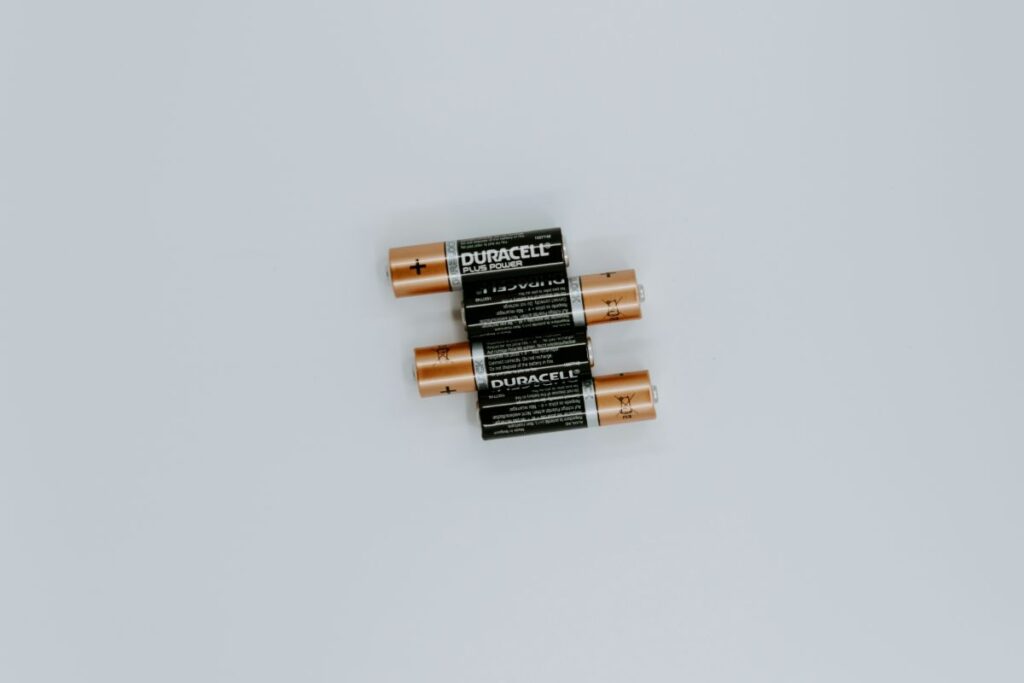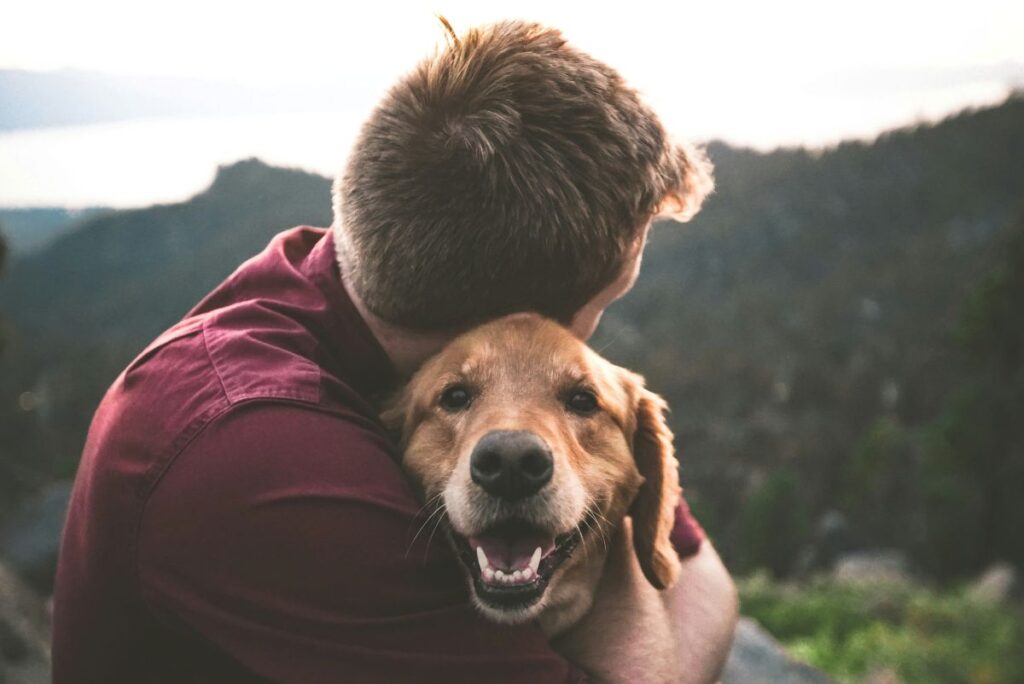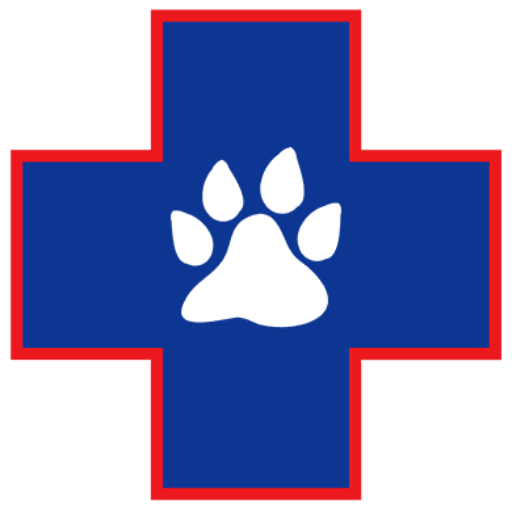As pet owners, we take steps to keep our furry friends safe at home, but there’s one place where common hazards for pets often lurk that many pet owners overlook: inside the car. Our vehicles can be a treasure trove of items that, while harmless to us, pose significant hazards for pets. Pets are naturally curious and will often investigate their surroundings, which means that things we might leave in the car—sometimes unknowingly—could lead to dangerous and even life-threatening situations.

7 Common Hazards for Pets Hiding in Your Car
Here are some of the most common hazards for pets that might be hiding in your car, along with tips on how to keep your pet safe:
1. Hand Sanitizers
Hand sanitizers are common hazards for pets found in most vehicles, especially during flu seasons or times of heightened awareness around germs. However, many hand sanitizers contain ethanol or isopropyl alcohol, both of which are toxic to pets. If your pet gets into an open bottle or licks the sanitizer off a surface, it can cause a range of severe health issues.
Symptoms of alcohol poisoning in pets can include:
- Vomiting
- Depression or lethargy
- Heart problems (irregular heart rate or blood pressure)
- Pneumonia
- Comas
To avoid these dangers, store all hand sanitizers securely and out of your pet’s reach, and avoid leaving them in the car, especially in hot weather, which can cause the alcohol to evaporate into the air and increase the risk of exposure.
2. Caffeinated Drinks
It’s easy to reach for that coffee or energy drink during a long drive, but caffeinated drinks can be toxic to pets—especially when consumed in large quantities. The caffeine in coffee, tea, energy drinks, and soda can lead to dangerous health effects on pets, such as:
Health risks for pets include:
- Heart problems, including rapid heart rate and arrhythmias
- Seizures
- Low blood sugar (hypoglycemia)
- Liver damage
Additionally, some caffeinated drinks, especially energy drinks, contain xylitol, a sugar substitute that is extremely toxic to pets. Even small amounts of xylitol can cause serious health problems in dogs and other pets.
3. Gum and Candy
Chewing gum or candy might seem harmless to humans, but for pets, particularly dogs, these items are extremely dangerous hazards for pets, primarily because many varieties contain xylitol. This sugar substitute is highly toxic to dogs and can cause a rapid drop in blood sugar levels, liver failure, and even death.
Potential symptoms for pets who consume gum or candy with xylitol include:
- GI problems (vomiting, diarrhea)
- Seizures
- Low blood sugar (leading to weakness, lethargy, and tremors)
- Liver damage
Always store gum and candy in sealed containers and never leave them in your car, as your pet might find them and get into trouble.
4. Nicotine: Cigarettes, Vapes, and More
Many pet owners might not realize that nicotine is not just a hazard for smokers. Cigarettes, vaping devices, and even nicotine gum are serious common hazards for pets. Nicotine poisoning can occur if a pet chews on a discarded cigarette butt, swallows a nicotine patch, or gets into a vape pen or e-cigarette.
Symptoms of nicotine poisoning in pets include:
- GI distress (vomiting, diarrhea)
- Heart problems (irregular heart rate or slow heart rate)
- Agitation or hyperactivity
- Tremors and seizures
As nicotine is highly toxic, it’s crucial to keep these products far out of your pet’s reach. Also, avoid leaving cigarette butts or e-cigarette cartridges in your car, where your pet could access them.
5. Batteries
Batteries, particularly button batteries, are common hazards for pets in cars, often found in toys, remote controls, or even key fobs. Unfortunately, these small batteries pose a huge risk to pets. If ingested, they can get stuck in the gastrointestinal tract, causing a dangerous obstruction. Additionally, the chemicals inside the battery can cause burns or corrosive damage to the mouth, throat, and intestines.

Signs of battery ingestion or injury include:
- Drooling or excessive salivation
- Vomiting
- Loss of appetite
- Lethargy
- Abdominal pain
If your pet swallows a battery, it’s important to seek veterinary attention immediately. Keep batteries securely stored and out of reach.
6. THC/CBD
While THC and CBD products are gaining popularity for their potential health benefits for humans, they can be an incredibly harmful hazards to pet. THC, the psychoactive compound found in marijuana, can cause sedation and serious neurological effects in pets. Similarly, while CBD is often considered safer, large amounts can still cause side effects.
Signs of THC/CBD poisoning in pets include:
- Sedation or weakness
- Vomiting and diarrhea
- Agitation or hyperactivity
- Heart problems (including slow heart rate or low blood pressure)
To keep your pet safe, avoid using THC or CBD products around them and store any cannabis-related products securely out of their reach.
7. Coins
Coins may seem harmless, but they can pose serious risks if swallowed by pets, particularly small dogs and cats. The metal in coins can cause an obstruction in the gastrointestinal tract, which may require surgery to remove. Additionally, pennies, which contain zinc, can be particularly dangerous and cause severe anemia and GI irritation.
Symptoms of coin ingestion include:
- Vomiting
- Lethargy
- Loss of appetite
- Abdominal pain
- Pale gums (a sign of anemia, particularly with pennies)
If you suspect your pet has ingested a coin, seek veterinary help immediately.
How to Keep Your Pet Safe
Preventing these common hazards for pets starts with being proactive and mindful about what you leave in your car. Here are some key steps to help protect your pets:
- Regularly check your car for hidden items that could be dangerous to pets, such as hand sanitizers, candy, gum, and nicotine products.
- Store hazardous items securely in the glove compartment or a locked compartment out of your pet’s reach.
- Clean up any spills or crumbs from food and drinks that could attract your pet and lead to ingestion of harmful substances.
- Be cautious when traveling with your pet and avoid bringing potentially harmful items in the car when you’re on the go.

By being aware of these common hazards for pets and taking the necessary precautions, you can keep your pet safe from the harmful hazards that might be lurking in your car. Your pet relies on you to make safe choices, and with a little extra care, you can help ensure their well-being wherever you go.
Stay safe, stay vigilant, and keep those car adventures hazard-free for your beloved furry friends!

